The travel industry plays a crucial role in boosting economies and fostering community connections, as highlighted by U.S. Travel. “Travel is a force for good – for communities, jobs, and the magical experiences that bring people together,” the organization stated, underscoring the positive impact of travel on societal well-being.
In recent developments, Brand USA has once again found itself at odds with the U.S. administration. In April 2025, the board faced significant changes when five members were dismissed. This included chair Elliott Ferguson, President & CEO of Destination DC, vice chair Lauren Bailey, and three other members: Kristen Esposito, secretary Allen Orr, and Tim Mapes, Senior Vice President & Chief Communications Officer of Delta Air Lines. These leadership changes have raised concerns about the future direction of Brand USA.
U.S. Travel is urging industry stakeholders to take action amidst these challenges. Their advocacy site has launched an industry-wide letter campaign, encouraging professionals to voice their concerns and mobilize support for Brand USA. The organization expressed deep worries over proposed funding cuts that threaten the future of travel promotion. A recent statement to Travelweek indicated that the Senate Commerce Committee, chaired by Ted Cruz, is considering reducing Brand USA’s funding from $100 million to a mere $20 million. Such a drastic cut could severely disrupt various sectors within the travel industry.
The travel sector is vital to the American economy, generating $2.9 trillion in economic output and sustaining over 15 million jobs. These figures underscore the importance of robust support for organizations like Brand USA, especially with major international events on the horizon, such as the 2026 FIFA World Cup and the 2028 L.A. Olympics. U.S. Travel is committed to advocating for the full funding of Brand USA, calling on Congress to align with the President’s budget to ensure the continued strength and visibility of the American travel industry.
As the reconciliation process unfolds, the future of travel funding hangs in the balance. The travel industry cannot afford to be overlooked, and every stakeholder plays a pivotal role in ensuring that travel continues to thrive as a catalyst for economic growth and communal connection. For industry professionals seeking to engage with these developments, U.S. Travel offers resources and a platform for advocacy through their official website.
This unfolding situation serves as a reminder of the interconnectedness of travel and the broader economic landscape, prompting industry leaders to rally together for the promotion and protection of travel funding in the U.S.


